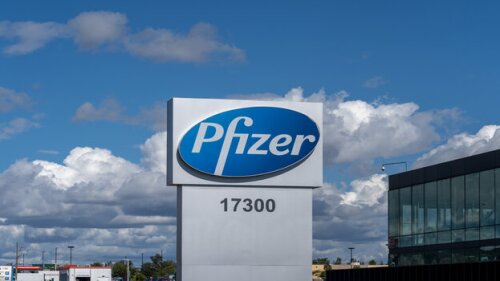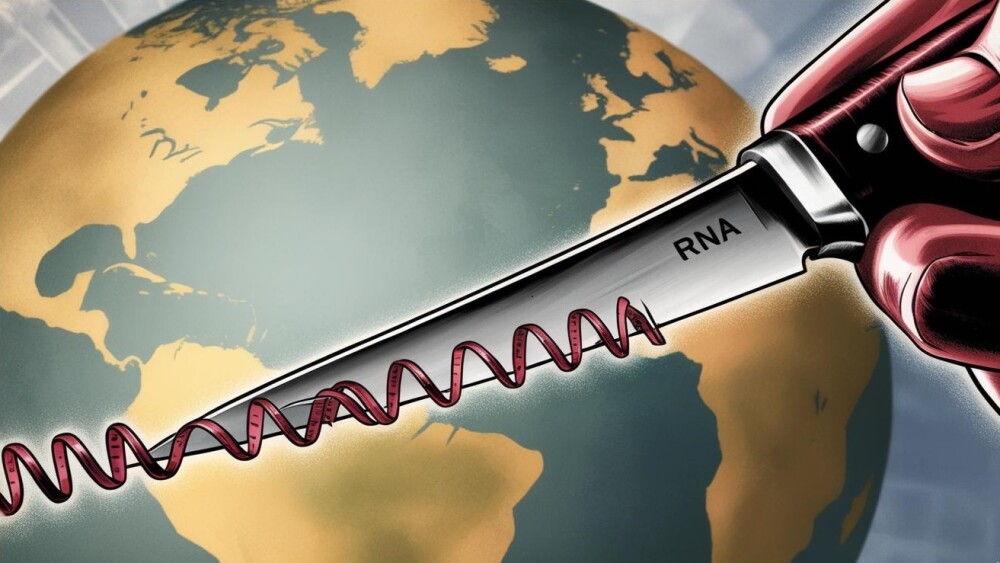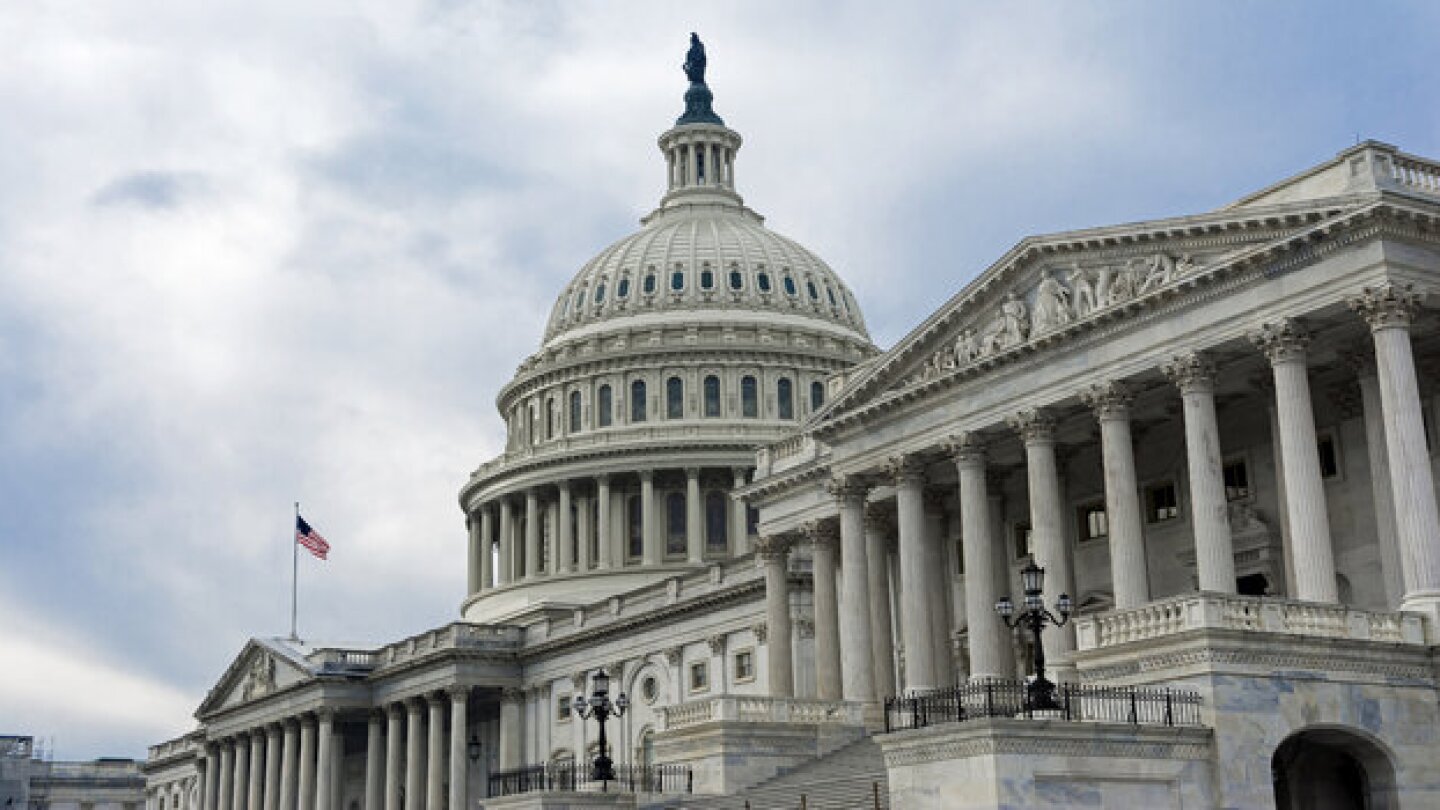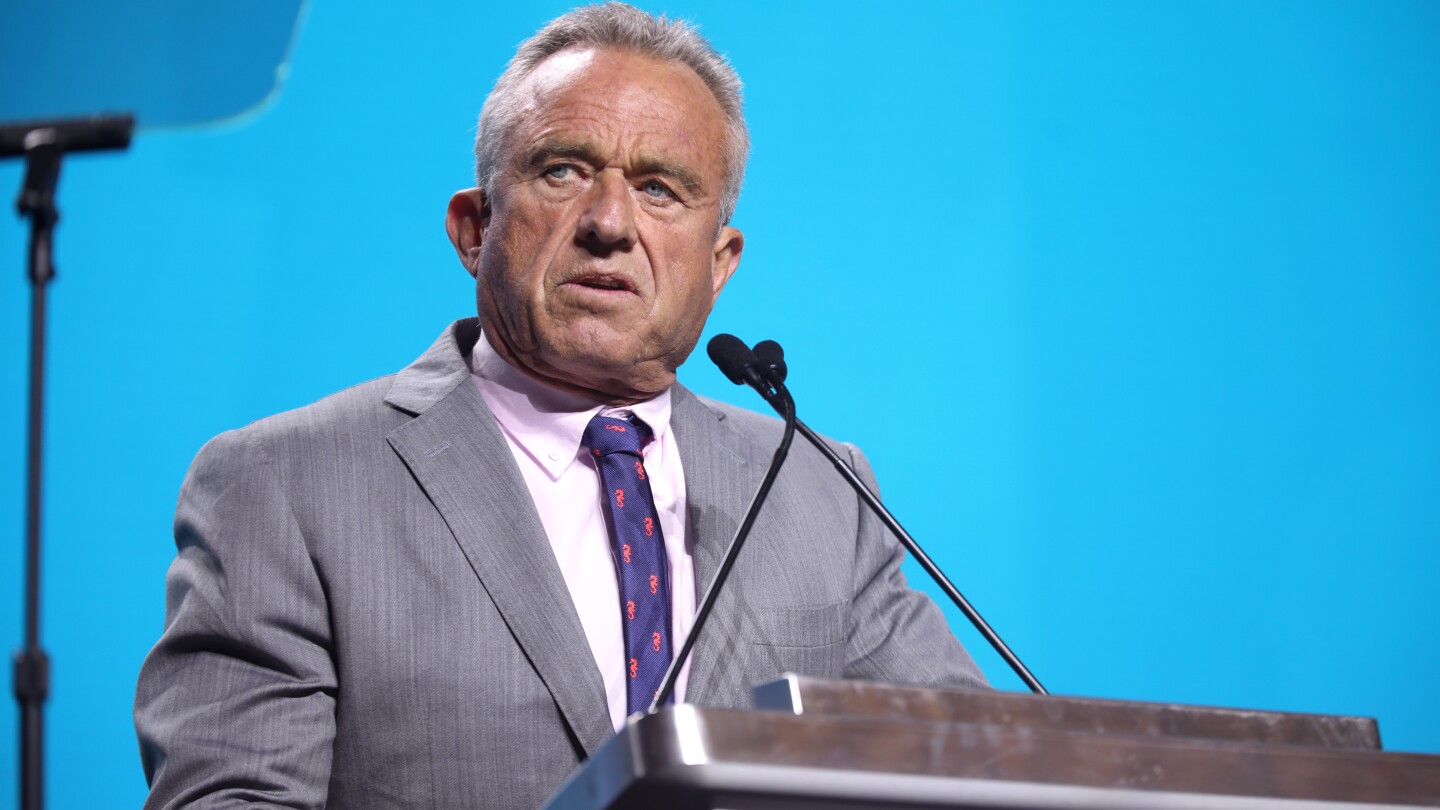News
Novartis has bet up to $772 million to gain access to BioArctic’s BrainTransporter platform, which was leveraged in a partnership with Eisai to produce Leqembi.
FEATURED STORIES
As the World Health Organization initiates a new agreement for coordinating global responses to future pandemics, the future of vaccine development in the U.S. faces growing challenges, including waning funding and regulatory changes, that threaten next-gen COVID-19 vaccine candidates and pandemic preparedness more broadly.
Vocal skeptics of COVID-19 vaccinations gave mRNA a bad name and government funding for mRNA research is now being cut. On the flip side, at least one CEO said the pandemic also provided “elevated acceleration” for the field, which also holds promise in therapeutics for cancer and rare diseases.
Beginning this week in Chicago, the American Association for Cancer Research’s annual conference will feature presentations that could have far-reaching implications for breast and blood cancers and more.
Job Trends
Genentech, a member of the Roche Group, announced data from the Phase III OCARINA II study of Ocrevus®, an investigational twice-yearly, 10-minute subcutaneous injection.
FROM OUR EDITORS
Read our takes on the biggest stories happening in the industry.
Novo Nordisk, under new CEO Maziar Mike Doustdar, has a new attitude. It’s making Pfizer livid.
THE LATEST
CEO Rob Davis referred to the cost reduction program as a ‘reallocation’ rather than a cut, with the savings to be reinvested to support up to 20 new product launches.
In a surprise double announcement Tuesday, Novo reduced sales guidance by 5%—attributing the change to slowed growth of its semaglutide franchise in the U.S.—and named current international operations head Maziar Mike Doustdar as its new president and CEO.
Six weeks after HHS Secretary RFK Jr. cited unexplained conflicts of interest in dismissing all 17 members of the CDC’s vaccine advisory committee, Democrats are asking for details.
While some analysts forecast the tariffs could mean billions in additional industry expenditure, others expect the overall impact to be “manageable.”
In a post on X, Health Secretary Robert F. Kennedy Jr. alleged that the Vaccine Injury Compensation Program has “devolved into a morass of inefficiency, favoritism, and outright corruption.”
BMS is spinning out a new company with five immunology assets, including oral drugs being developed for systemic lupus erythematosus and plaque psoriasis, and $300 million in funds from Bain Capital.
The swift FDA action removes an overhang from Sarepta and allows Elevidys to return to the market without another safety study, as had been feared, Jefferies analysts said Monday.
In a Phase Ib/IIa trial, 91% of patients receiving the highest dose of trontinemab were amyloid negative after seven months of treatment, representing what B. Riley Securities called a “paradigm shift” to first-generation FDA-approved antibodies.
The German giant is looking to develop new drugs for undisclosed eye diseases using Re-Vana’s extended-release injectable platform to supply drugs to the eye for months at a time.
The star of GSK’s Hengrui partnership is the COPD candidate HRS-9821, which will complement the pharma’s respiratory pipeline that’s anchored by the anti-asthma drug Nucala.

















